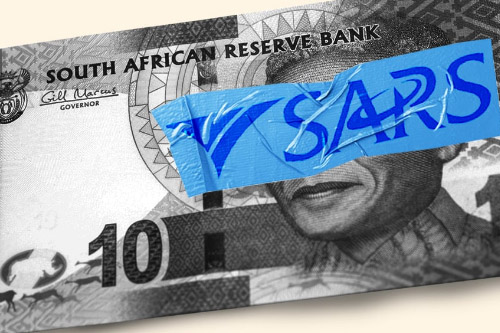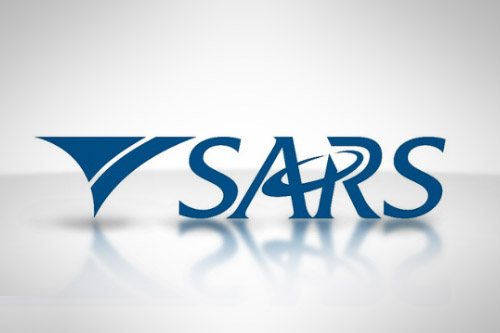The South African Revenue Service (SARS) has published a host of new rules that taxpayers should be aware of when disputing moves by the taxman – including the methods in which these objections should be delivered.
South Africa’s income tax season kicks off next month, with the following dates:
- Individual taxpayers (non-provisional): 7 July 2023 @ 20:00 to 23 October 2023
- Provisional taxpayers: 7 July 2023 @ 20:00 to 24 January 2024
With every tax season comes a host of objections and disputes over tax rulings. According to tax experts at Tax Consulting SA, the revenue service has made a concerted effort to push most of these to digital channels to streamline the process.
One of the changes that taxpayers should be aware of is that SARS has removed the option to handle disputes over physical mail – in terms of the new rules, objections “must be made… to the taxpayer’s electronic filing page through www.sarsefiling.co.za”.
Tax Consulting SA said this is largely a positive change, noting that it has seen an increase in the number of people not taking all the prescribed necessary steps when submitting objections, which severely hampers the process.
Ultimately an objection to a decision made by the taxman can no longer be manually delivered via mail where eFiling is not available. Where eFiling is not available for any reason, the only alternative available to the taxpayer is to ensure that such an objection is submitted at a SARS branch in person.
Tax Consulting said the push to digital allows SARS – and tax practitioners – to have a ‘holistic’ view of a taxpayer’s tax affairs without having to wait for manual processes to complete the data. This should, in turn, speed up any disputes and resolutions.
The method of submitting objections isn’t the only thing to change for tax season 2023, however.
Danielle Luwes, Tax Manager at Hobbs Sinclair, highlighted some of the biggest changes that will be in effect this tax season.
Extension of time periods
Under the new rules, if the timelines for various procedures are not already regulated by the rules, the parties (taxpayers or SARS) can agree to shortened periods.
The 2014 rules allowed for extensions only.
Objection against an assessment
A notice of objection (NOO) must be delivered by a taxpayer within 80 days (30 days under the 2014 rules) of the date of the assessment.
If the taxpayer requested reasons, the NOO must be delivered within 80 days of the delivery of either the SARS notice that adequate reasons have been provided or the SARS letter with the reasons requested.
The 80-day period excludes the additional 30-day extension that a taxpayer may request on reasonable grounds, and exceptional circumstances may warrant an extension of up to three years.
- Appealing on new grounds
Under the new rules, a taxpayer may appeal on a new ground not raised in the NOO, unless it is a new objection against a part of the assessment not previously objected to.
Appointment of an alternative dispute resolution (ADR) facilitator
The facilitator must have appropriate tax experience and be acceptable to both SARS and the taxpayer.
Once the facilitator is accepted by all parties, a senior SARS official appoints the facilitator within 15 days of the ADR commencement date.
The facilitator must act independently and impartially.
- Delivery of the Facilitator’s Report
The facilitator is required to deliver a report within five days of a meeting and a final report within 10 days after the ADR process ends.
- New grounds in the statement of assessment and opposing appeal
SARS must provide a statement explaining why they made the assessment and why they oppose the appeal. Rule 31(3) has been amended to allow SARS to add new grounds for disallowing the objection, unless it changes the basis of the assessment entirely or requires a new assessment to be issued.
- Subpoenas of witnesses to the Tax Board and Tax Court
The new rules allow a person to be subpoenaed by the Tax Board clerk or the Tax Court registrar to attend the appeal and give evidence or provide documents on issues relevant to the appeal. If a party thinks the subpoena is irrelevant or unreasonable, they may approach the Tax Court for relief.
SARS has also updated its information page for the coming tax season, which includes helpful guides and how-tos on how to go about your tax filing.
Article BusinessTech





